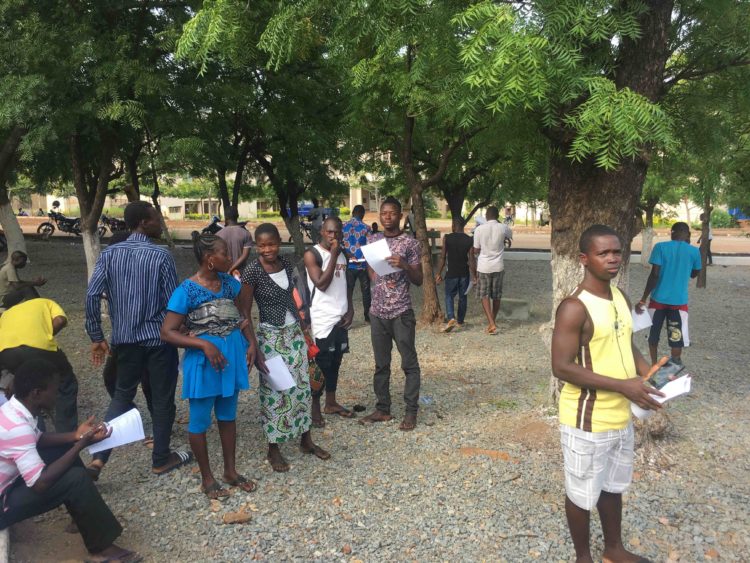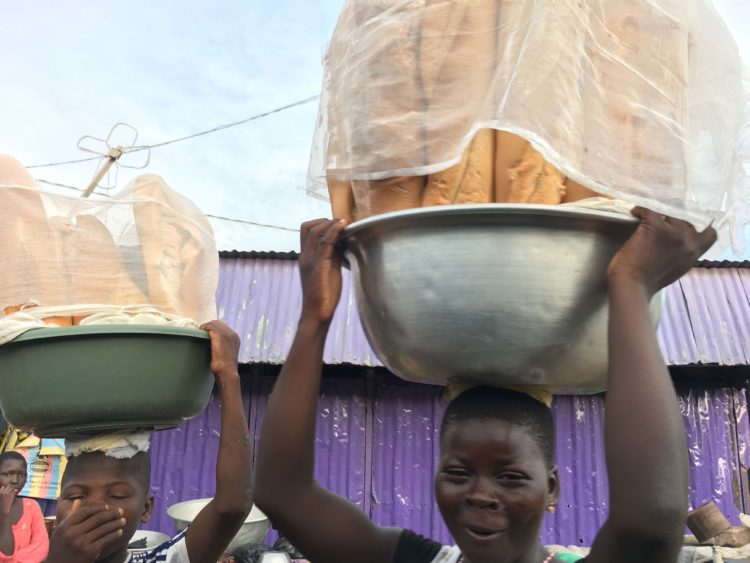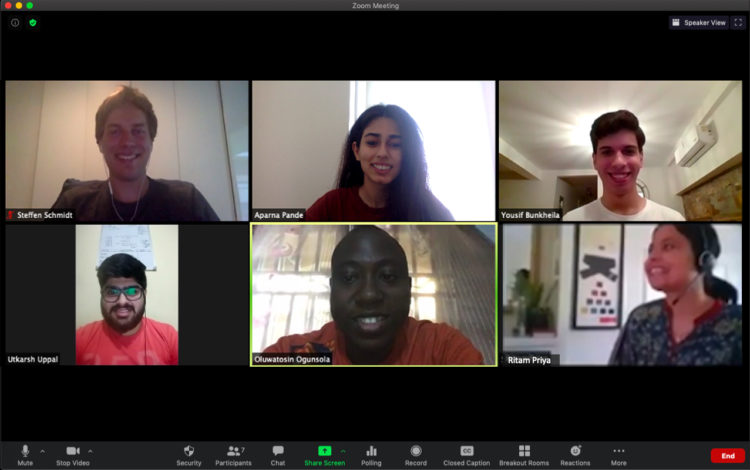Uboja is an artificial word merging ubuntu, a Zulu term describing that we are human only through the humanity of others, and pamoja, the Swahili word for togetherness.
It is also the name of one of the most promising solutions that came out of MIT’s Covid-19 Hackathon. This solution is based on the notion that the fastest way to accomplish the ubiquitous adoption of hygiene best-practices it to communicate them through trusted members of local communities (local influencers) who will effectively spread this knowledge.
Uboja has come up with an SMS based solution that identifies local influencers and enables the monitoring of their effectiveness over a sustained period of time.

Aparna Pande and Steffen Schmidt, two MBA students at MIT with engineering backgrounds, had originally pitched the idea to the 2,000 participants of the hackathon as part of the team formation process. Shortly after, they added four more members, assembling a diverse team across geographies, combining backgrounds in engineering, healthcare, data science and business – Oluwatosin Ogunsola, a data scientist from the Clinton Foundation based in Lagos; Yousif Bunkheila, a BComm student at McGill from Libya; Utkarsh Uppal, a machine learning researcher from India; and Ritam Priya, who currently serves as VP in a healthcare start-up based in San Francisco. Since the hackathon, the team has continued to grow, and added Ogbogu Ukuku, an MIT MBA Integrated Design & Management student, with extensive tech and design experience.
After a weekend filled with countless Zoom calls and development sprints, Uboja was selected as one of the winners of the MIT Covid-19 Africa Challenge. According to the Pew Research Center, while smartphone penetration is low in Africa, the vast majority of people have access to basic cellphone services. Thus the team believes that their SMS based solution can have a substantial impact in tackling Covid-19 and beyond. “Organizations such as the UN and WHO have tried to collaborate with local influencers to spread their messages for a long time,” Schmidt says. “The problem is that they often don’t know who these influencers are, and if they do, there is currently no way for them to assess an influencer’s effectiveness.”

The team has continuously worked on their solution and is in talks with several NGOs regarding on the ground deployment.
If you are interested in Uboja’s solution or joining the team, please visit https://uboja.com or reach out to team.uboja@mit.edu.

